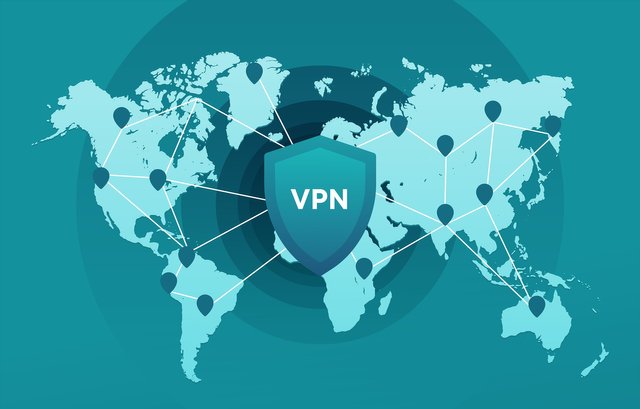Another administration request limits representatives from utilizing outsider, non-government cloud stages including Google Drive and Dropbox as well as virtual confidential organization (VPN) administrations including NordVPN and ExpressVPN. The request passed by the National Informatics Center (NIC) has flowed to all services and divisions and all administration workers are expected to conform to the mandate, Gadgets 360 has learned. The new move by the public authority comes only weeks subsequent to coordinating VPN specialist co-ops and server farm organizations to store their client information for as long as five years.
Referring to an expanded number of cyberattacks and dangerous insight to the public authority, the 10-page report seen by Gadgets 360 arranged for workers to "not transfer or save any inward, confined, secret government information or records on any non-government cloud administration (ex: Google Drive, Dropbox, etc.)." The archive is named "Digital protection Guidelines for Government Employees."
As well as confining representatives from utilizing the famous cloud benefits, the public authority taught workers through its order to not utilize any outsider anonymization administrations and VPNs, including NordVPN, ExpressVPN, Tor, and intermediaries. Moreover, it guided the labor force to avoid utilizing "unapproved distant organization apparatuses" like TeamViewer, AnyDesk, and Ammyy Admin, among others.

Government workers are additionally coordinated to not utilize any "outer email administrations for true correspondence" and lead "delicate inside gatherings and conversations" utilizing "unapproved outsider video conferencing or joint effort apparatuses."
The public authority furthermore requested workers to not "utilize any outside sites or cloud-based administrations for changing over/compacting an administration report". It likewise guided the labor force to not utilize "any outside versatile application based scanner administrations" including CamScanner for "examining interior government records.
Quite, the public authority prohibited CamScanner in 2020 as a piece of its underlying move to confine China-based applications in the country. Some administration authorities were, nonetheless, as yet being seen utilizing the application for examining actual duplicates of their authority reports.
Close by limiting the use of certain applications, the public authority's structure additionally guided workers to not 'escape' or 'root' their cell phones.
The mandate additionally requested representatives to go to lengths including the utilization of complicated passwords along with refreshing passwords once in 45 days and refreshing the working framework and BIOS firmware with the most recent updates and security patches.
"All administration workers, including impermanent, authoritative/rethought assets are expected to rigorously comply to the rules referenced in this report," the request said. "Any rebelliousness might be followed up on by the particular CISOs/office heads."
The request was delivered on June 10 after several modifications in the first draft made by the NIC. It included inputs from India's Computer Emergency Response Team (CERT-In) and was supported by the Ministry of Electronics and Information Technology (MeitY) secretary.
Devices 360 has connected with Google, Dropbox, and different elements to get their remarks on the public authority's mandate. This article will be refreshed when the organizations being referred to answer.
In late April, the CERT-In gave an order to make it obligatory for VPN specialist co-ops, server farms, virtual confidential server (VPS) suppliers, and cloud specialist organizations to save client information for quite some time or significantly longer. The request will come into force on June 28.
Because of that request, VPN specialist organizations including NordVPN, ExpressVPN, and Surfshark have chosen to eliminate their actual servers in the country as they follow no-log strategies and are not in fact fit for putting away logs. The major VPN substances as well as a few computerized rights bunches have likewise raised security worries for clients in putting away their information.